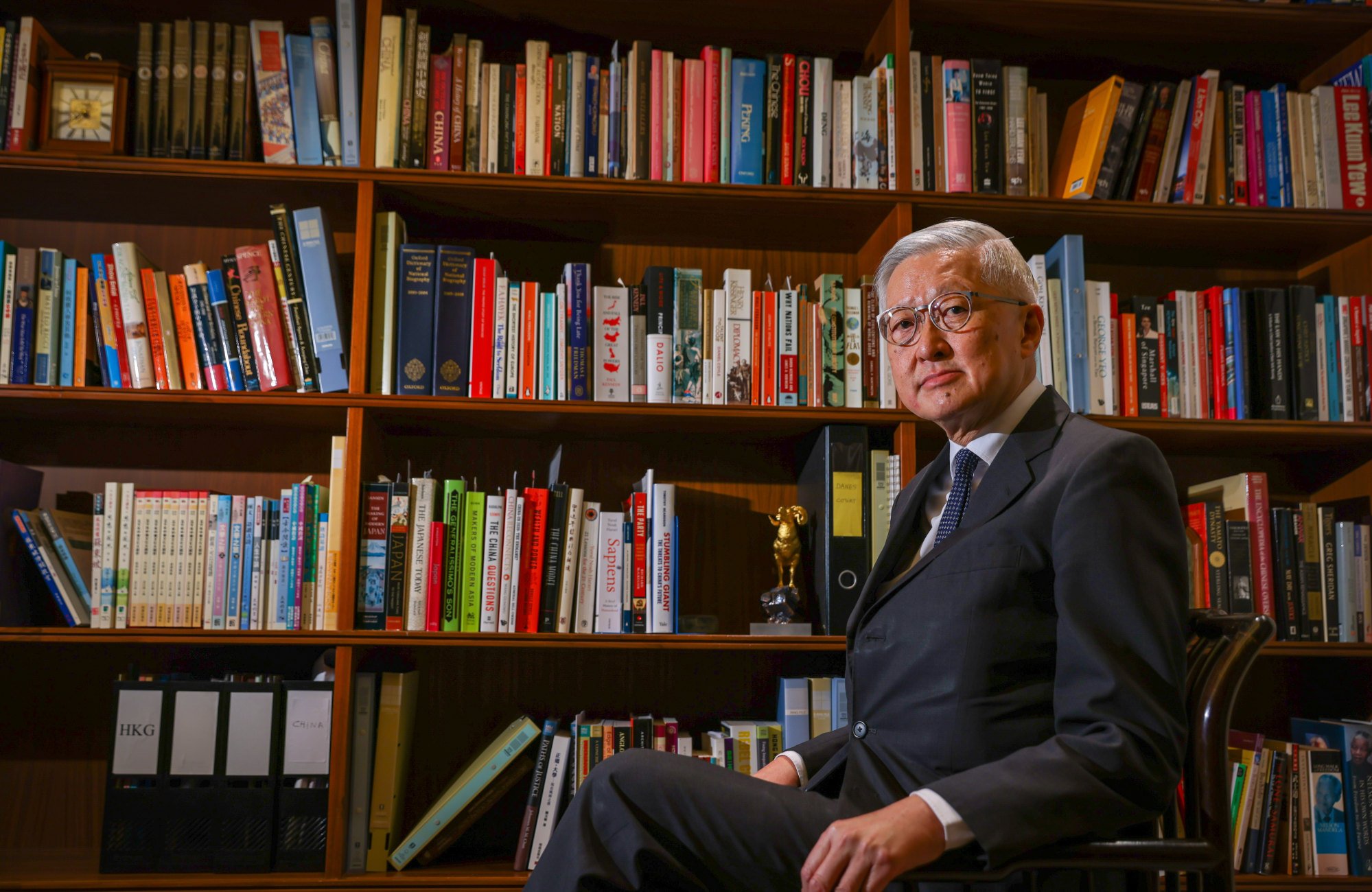
Former Hong Kong chief justice calls departure of 3 overseas judges ‘most regrettable’
- Andrew Li, who served as city’s first chief justice after handover, also stresses importance of moving forward instead of ‘dwelling on the past’
Hong Kong’s first chief justice following the handover has described the departure of three overseas non-permanent judges from the city’s top court as “most regrettable”.
Andrew Li Kwok-nang, who held the office from 1997 to 2010, also said on Tuesday that the judges had made valuable contributions to Hong Kong.
Andrew Cheung Kui-nung, the incumbent chief justice, on the same day expressed his “every confidence” that local appeal courts would continue to act with integrity and professionalism.
Li and Cheung’s remarks were prompted by the departure of three overseas non-permanent judges from the Court of Final Appeal in a week.
The judiciary announced earlier on Tuesday that Canadian judge Beverley McLachlin would retire from the top court once her term expired in July, days after British judges Jonathan Sumption and Lawrence Collins said they would step down.
Sumption on Monday also wrote an opinion piece that argued the city’s rule of law was “profoundly compromised”.
In his own statement, former chief justice Li said: “The recent resignation of the two UK judges is most regrettable. As is the decision of the Canadian judge not to continue after the expiry of her term.
“It is important for those of us in Hong Kong to move forward with commitment, instead of dwelling on the past.”
Li said local courts were responsible for safeguarding national security under the law and duty-bound to adjudicate cases, including those involving the government, fairly and impartially in accordance with their duty to protect individual rights and freedoms.
“We should have every confidence that the courts under the leadership of Chief Justice Andrew Cheung will continue to be able to discharge their duties effectively,” he said.
Cheung was cited in a statement from the judiciary as saying that publicly voiced opinions could amount to interference with the courts’ administration of justice, adding that they should be expressed with the “greatest circumspection”.
“As in other jurisdictions, a tension often exists between protection of fundamental rights and safeguarding national security, both of which the Hong Kong judiciary is firmly committed to doing,” he said.
The judiciary also quoted Cheung as saying he had “every confidence that the Court of Appeal and the Court of Final Appeal will continue to act with integrity and professionalism in handling any appeals”.
Hong Kong, the only common law jurisdiction in China, is permitted to recruit judges from elsewhere under the Basic Law, the city’s mini-constitution. The tradition is seen as an indicator of confidence in the city’s rule of law.

Outgoing UK judge Collins, 83, told the Post last Thursday that he had resigned because of the political situation in Hong Kong, but stressed that he continued to have “the fullest confidence” in the court and the total independence of its members.
The government on Tuesday issued a lengthy rebuttal to the opinion piece from Sumption, which was published a day earlier with the title “The rule of law in Hong Kong is in grave danger”.
McLachlin, meanwhile, said she would retire once her term ended this summer, with the 80-year-old citing her age and a wish to spend more time with family.
She also expressed confidence in “the members of the court, their independence and their determination to uphold the rule of law”.
Veteran Australian justice James Spigelman and former top British judge Brenda Hale earlier resigned as overseas non-permanent members of the top court following the enactment of the Beijing-decreed national security law in 2020.
In 2022, the United Kingdom pulled Supreme Court president Lord Robert Reed and vice-president Lord Patrick Hodge from serving in Hong Kong.
The top court constitutes five judges for hearings and determining appeals, made up of the chief justice, three permanent judges and a non-permanent one from the city or another common law jurisdiction.

